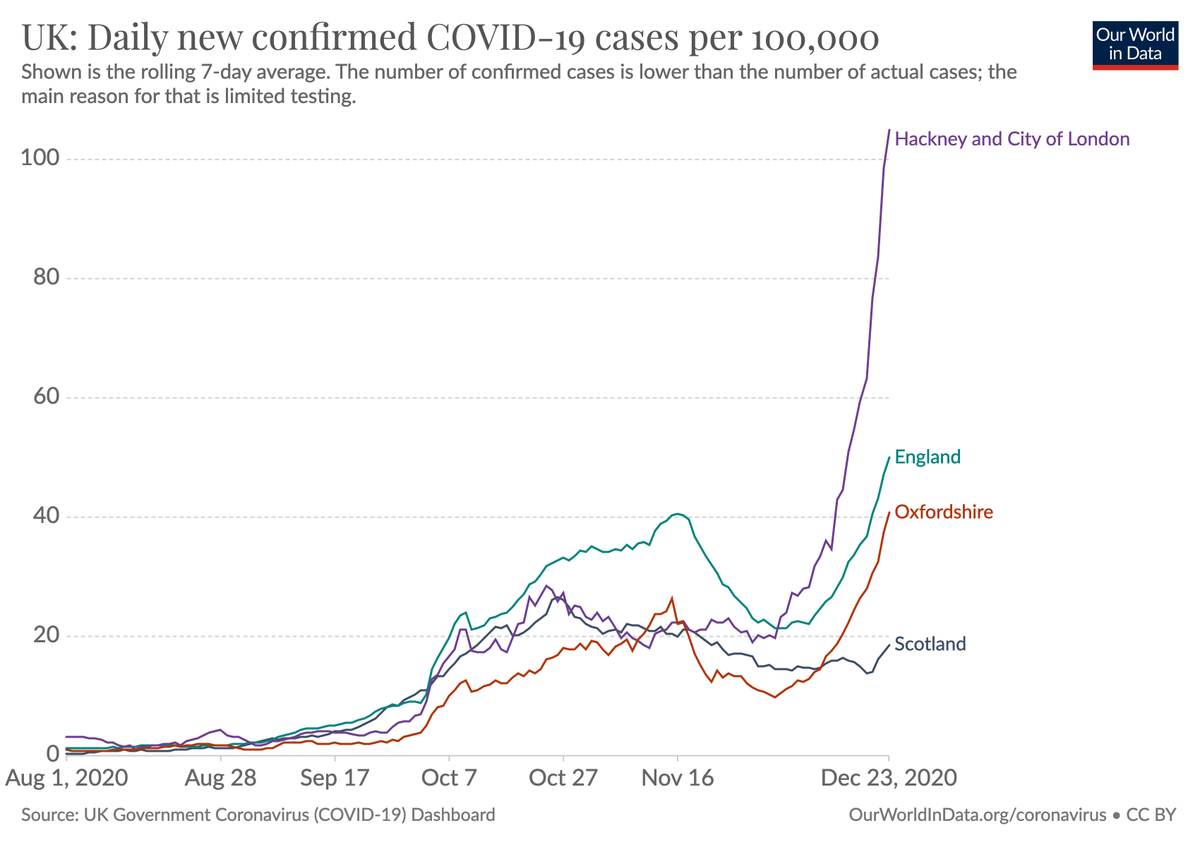
We live at a very unusual time. We are among the very first generations who can make progress against large problems. 

If we want to make progress against the problems we face, then this fact – that we *can* make progress – needs to be absolutely central to our culture.
Some people are building this culture, but it is still a long way to go.
Some people are building this culture, but it is still a long way to go.
By and large our culture is still the culture of pre-progress times: our media is not drawing our attention to the large problems we face and our education system is not teaching us that progress is possible.
At OurWorldInData.org we want to change the status quo – we want to draw attention to the large problems we face and the fact that we can make progress against them.
It is not easy to make this shift because the situation we are in is so extremely unusual.
For thousands of generations the best you could do was to make sure that you – and those close to you – are safe and well.
For thousands of generations the best you could do was to make sure that you – and those close to you – are safe and well.
This is not the case anymore.
In the last couple of generations it became possible to achieve progress for people across an entire society, or even for the world as a whole.
In the last couple of generations it became possible to achieve progress for people across an entire society, or even for the world as a whole.
A concrete example would be the eradication of smallpox.
Edward Jenner and those who paved the way before him and those who perfected his technology and those who organized the distribution around the world protected the lives of perhaps half a billion people.
Edward Jenner and those who paved the way before him and those who perfected his technology and those who organized the distribution around the world protected the lives of perhaps half a billion people.
To use one’s life to prevent the suffering of millions of people was entirely unattainable for anyone before modern times.
In the last few generations there are thousands who achieved technological, scientific, political, and social changes that contributed to such progress.
In the last few generations there are thousands who achieved technological, scientific, political, and social changes that contributed to such progress.
And this fact – that it is possible to make progress – should matter for your life.
You can contribute to progress because you are in a situation that is extremely different from the situation of the thousands of generations before you.
You can contribute to progress because you are in a situation that is extremely different from the situation of the thousands of generations before you.
Your situation is different from the situation of the many billions of people over thousands of generations that came before you.
None of these people were as rich, as free, and especially as knowledgeable as you.
None of these people were as rich, as free, and especially as knowledgeable as you.
*You* can contribute to progress against the injustice, the suffering, the problems in the world.
That's why we are building OurWorldInData.org.
That's why we are building OurWorldInData.org.
• • •
Missing some Tweet in this thread? You can try to
force a refresh













